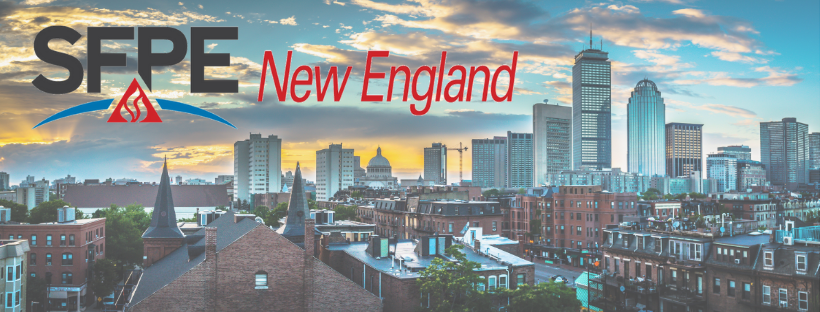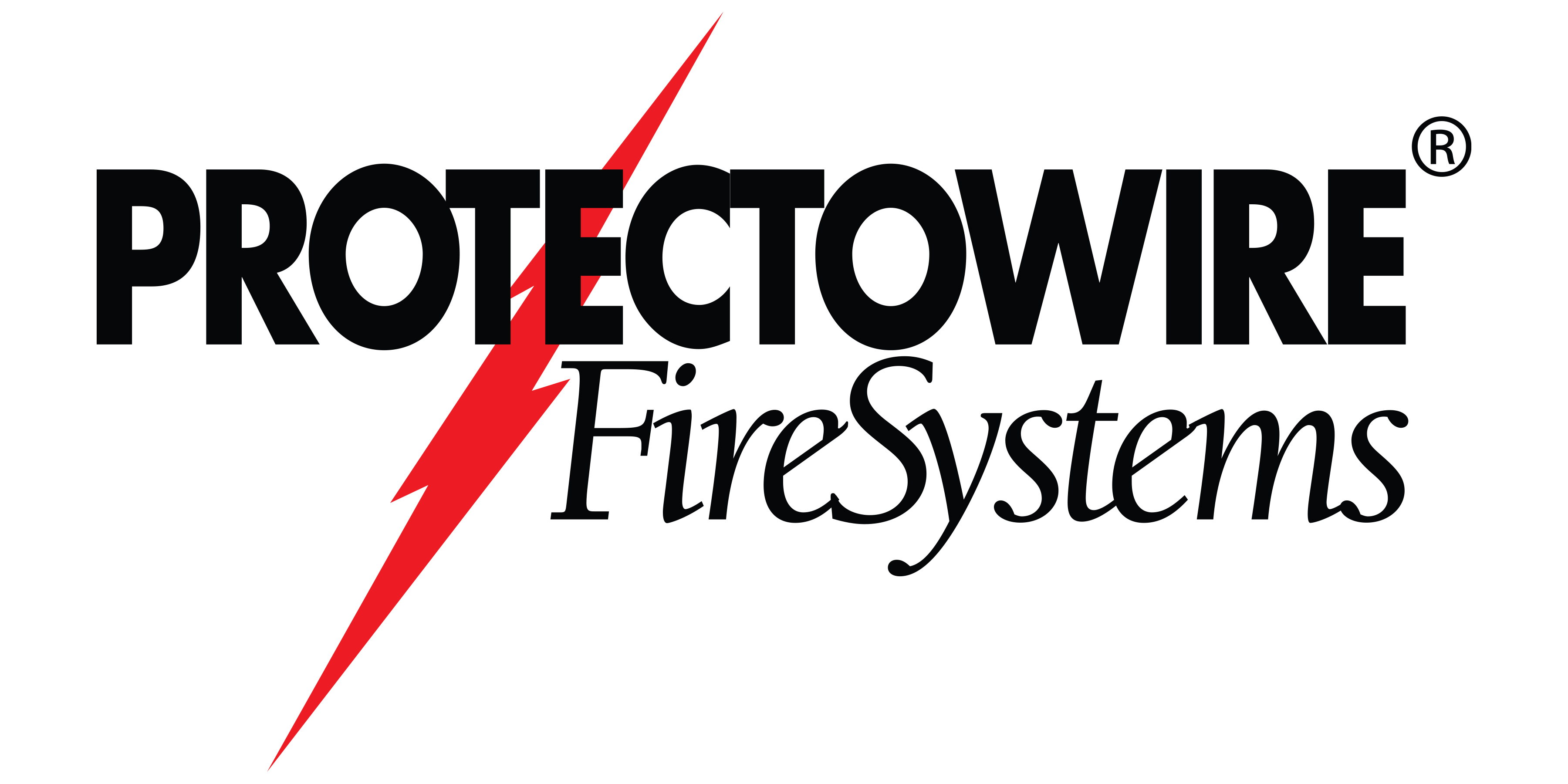
.png)
Platinum Sponsors









Gold Sponsors



Silver Sponsors
Copyright © 2019
New England Chapter of the Society of Fire Protection Engineers
Contact Us
Powered by Wild Apricot Membership Software